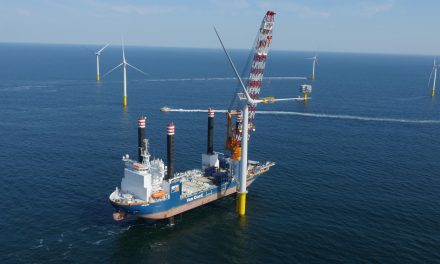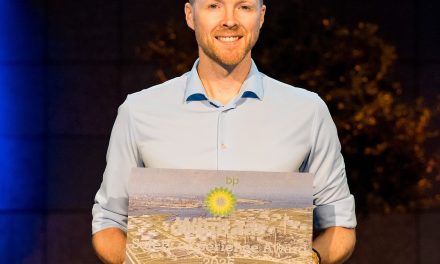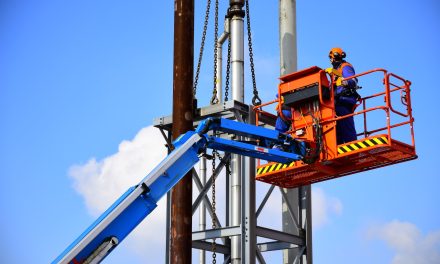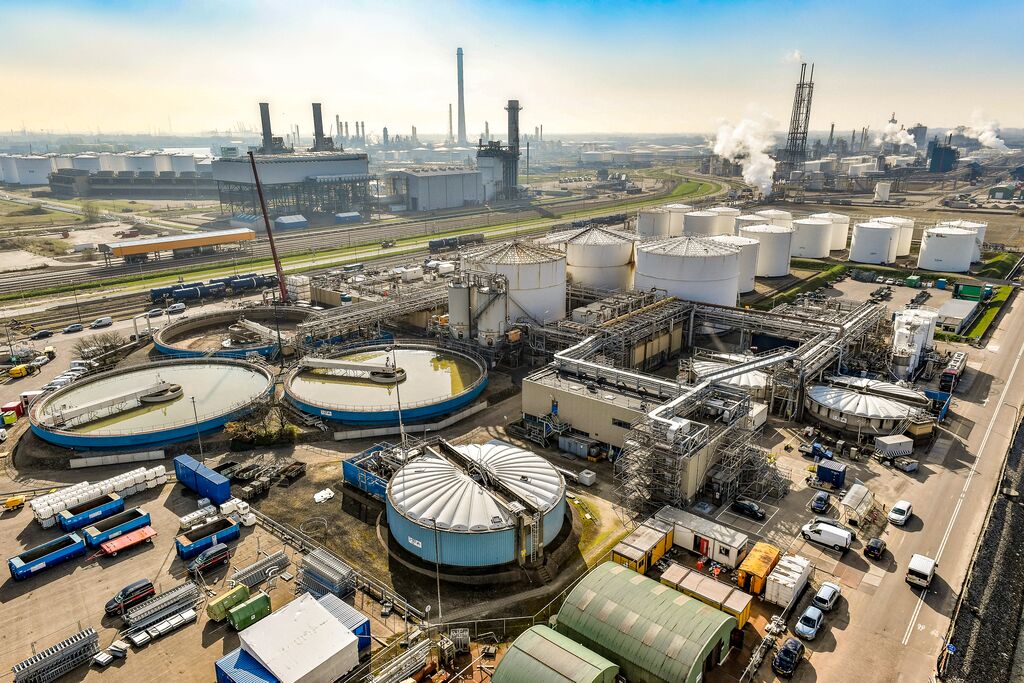English translation ->
Howden levert compressoren voor de biobrandstoffenfabriek die Shell in Pernis bouwt. Dit heeft de Britse leverancier bekendgemaakt.
“Wij zijn verheugd om onze langdurige relatie met Shell te versterken en haar plannen te ondersteunen om meer koolstofarme brandstoffen op de markt te brengen. Dit project toont Howdens leiderschap in de wereldwijde compressiemarkt en onze expertise in de groeiende markt voor duurzame brandstoffen”, verklaart Melle Kruisdijk, managing director van Howdens Thomassen Compressor Range.
Compressoren
De bouw van de biobrandstoffenfabriek van Shell begon vorige maand officieel. De biobrandstoffenfabriek krijgt een capaciteit van 820.000 ton per jaar. Het wordt de grootste fabriek in zijn soort voor de productie van duurzame vliegtuigbrandstof en hernieuwbare diesel. Naar verwachting gaat de plant in 2024 in bedrijf. De brandstoffen worden gemaakt uit afval, zoals gebruikt frituurvet, dierlijk vet en andere industriële en agrarische restproducten.
Zie ook: Shell bouwt biobrandstoffenfabriek in Pernis
English translation
Compressors for Shell biofuel plant
Howden supplies Shell with compressors for the biofuel plant it is building in Pernis. The supplier announced.
“We are delighted to strengthen our long-standing relationship with Shell and support its plans of making more low-carbon fuels available in the market. This project demonstrates Howden’s leadership in the global compression market and our expertise in the growing sustainable fuel market,” explains Melle Kruisdijk, managing director of Howden’s Thomassen Compressor Range.
On stream in 2024
The construction of Shell’s biofuels plant officially started last month. The biofuel plant will have a capacity of 820,000 tonnes per year. It will be the largest plant of its kind for the production of sustainable aviation fuel and renewable diesel. The plant is expected to go on stream in 2024. The fuels are made from waste, such as used cooking oil, animal fat and other industrial and agricultural residues.











